Ovarian Cancer Treatment: Awareness is a must !
People get scared when they hear about ovarian cancer. Most of the time they don’t even talk about it and the biggest mistake is to ignore even if they feel something abnormal. But if there is a timely treatment for it and people know in which cases they should not ignore, then it can change someone’s life.
So today we will understand in an engaging and relatable style what exactly is ovarian cancer? How to diagnose ovarian cancer? What are the common doubts and misconceptions? And how to avoid it? And most importantly what are the options for ovarian cancer treatment?

What is ovarian cancer: It is important to understand!
Ovarian cancer starts in the ovaries – this gland is very important for producing eggs and hormones. Ovarian cancer is called a silent killer because its symptoms are usually unknown and when it is diagnosed in the later stages, it has already spread a lot.

What are the symptoms that give you an alert signal that you must pay attention?
- Pain in the lower parts of the body or in the back.
- Always feeling bloated in the stomach.
- Lack of appetite.
- Frequent visits to the washroom.
If these symptoms persist for 2-3 weeks, do not ignore them. Treatment is much easier if diagnosed early.
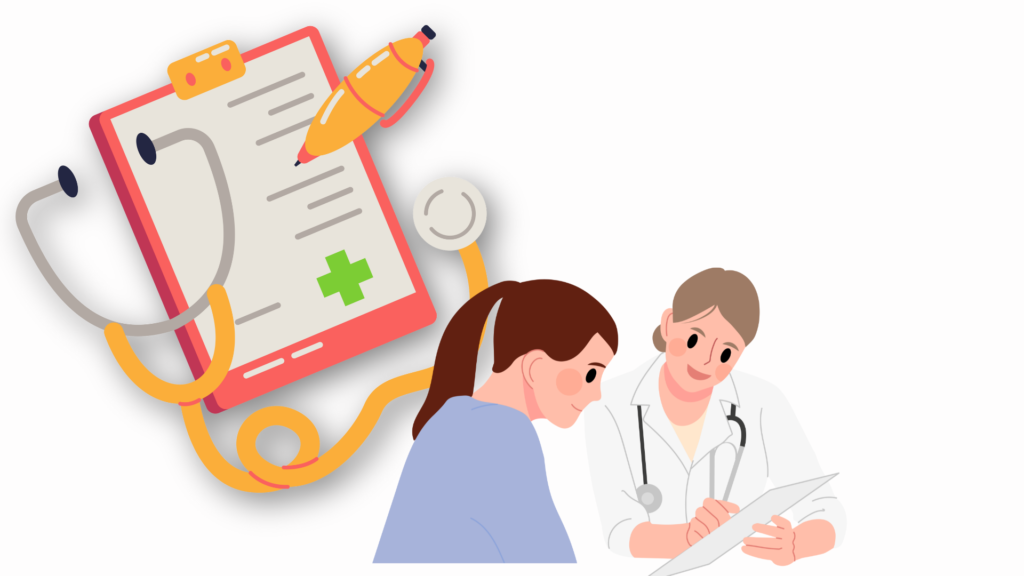
Diagnosis: An Important Step!
A diagnosis is the first and most important step before treating cancer. Your doctor recommends a few tests:
- CA-125 Blood Test: This blood test measures the level of cancer markers.
- Ultrasound: A clear image of the internal condition is taken to detect a mass or tumor.
- Pelvic exam: Just a physical check-up of the ovaries to look for any abnormalities.
- Biopsy: A tissue sample is taken from inside the ovaries to confirm cancer.
Ovarian Cancer Treatment Options: Different Solutions for Every Stage
“Cancer can be cured, provided the right steps are taken at the right time.”
The roadmap of treatment for every cancer patient is different depending on when the disease occurred and diagnosed. Let us now take a look at some common treatment options:
- Surgery:
Under the surgery, the cancer cells are removed directly. In early stage cancer, the ovaries and fallopian tubes are removed. If the cancer spreads, the uterus and nearby tissues are also removed, which is called debulking surgery.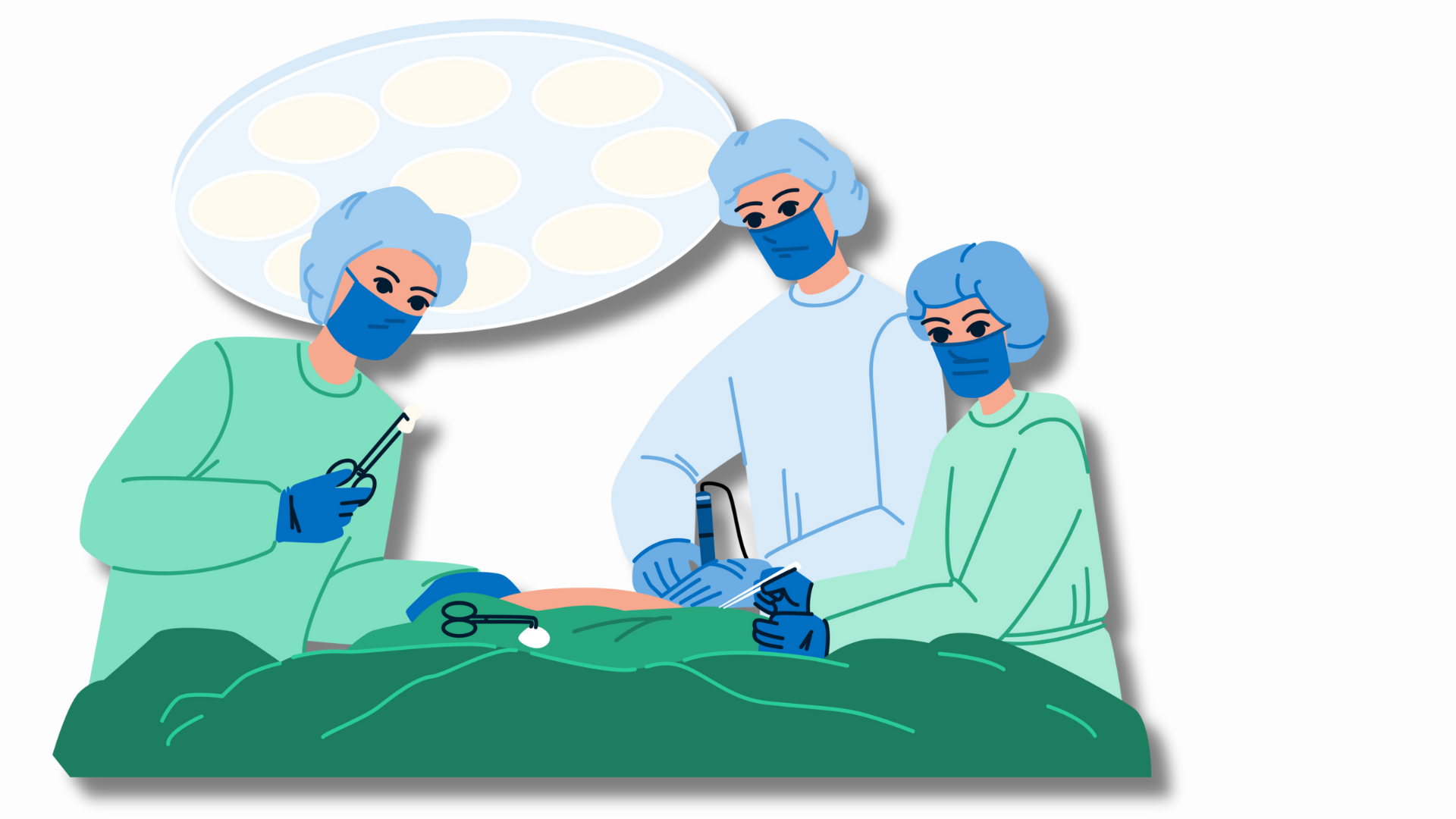
- Chemotherapy: Even after surgery, if some microscopic cancer cells remain, they are destroyed by chemotherapy.
Commonly used medicines: Carboplatin and Paclitaxel.
Side effects like hair loss and fatigue do occur, but they are temporary and get back to normal on their own.
Doctors plan the dose keeping in mind your body’s tolerance, so always listen to your doctor before other medications.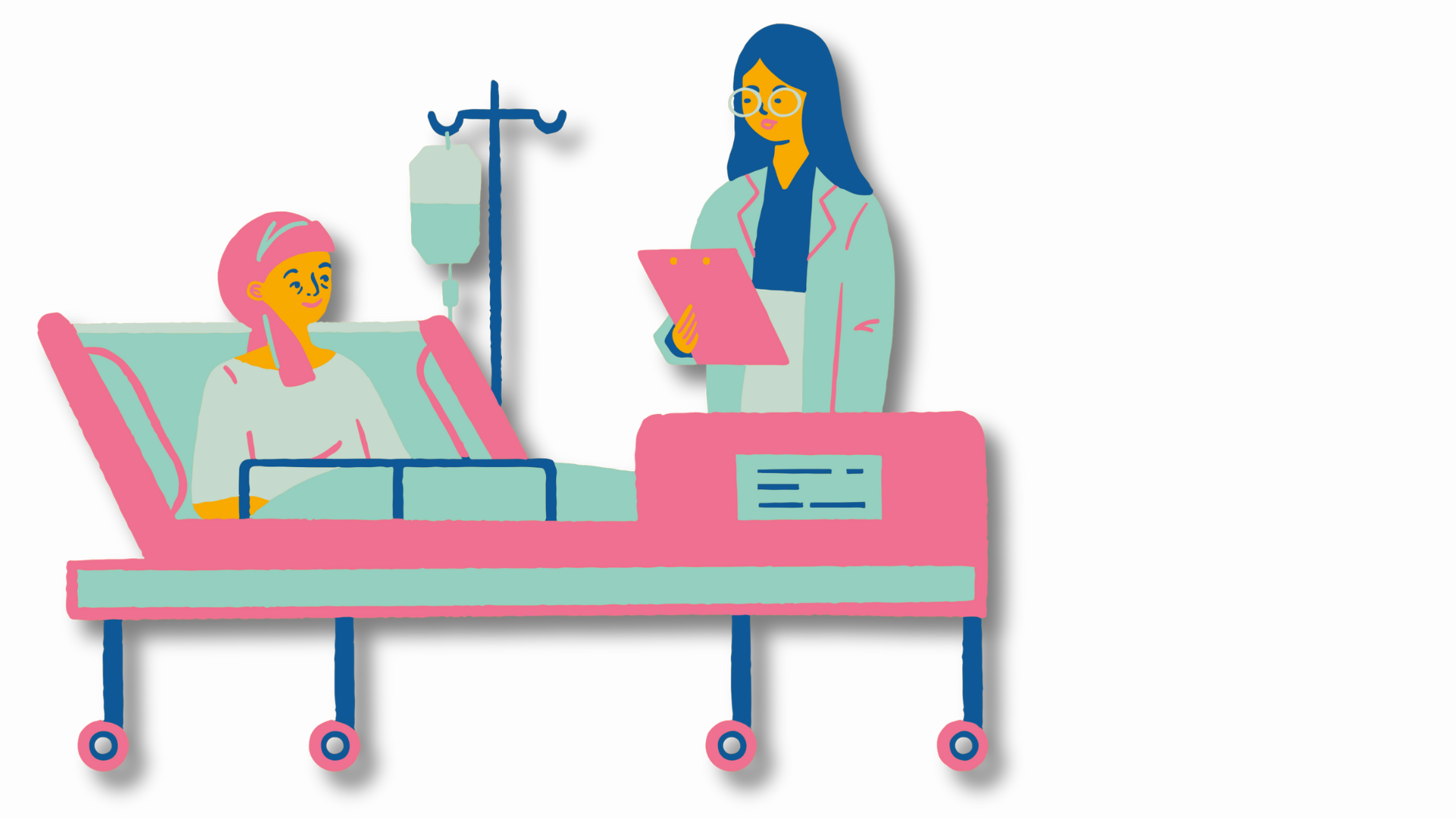
- Targeted Therapy: Targeted therapy is very effective in advanced cases. The target of this treatment is only cancer cells, not healthy normal cells.
Bevacizumab (Avastin): Blocks the blood supply of cancer cells.
PARP inhibitors: Useful in cases with genetic mutation.
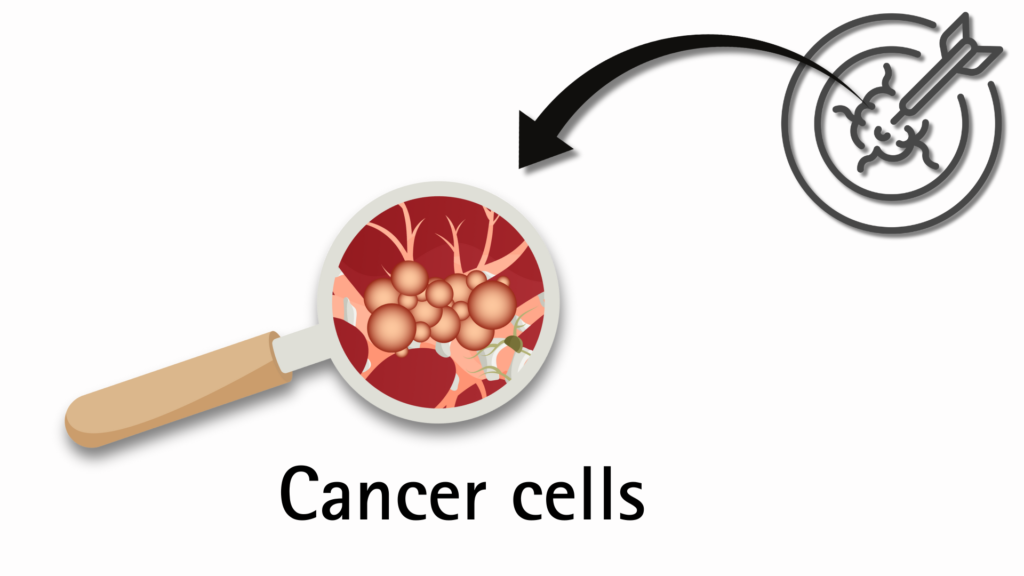
4. Radiation Therapy: Focused Energy
Radiation therapy is done in selected cases of advanced stages. In this, cancer cells are destroyed with high-energy rays.
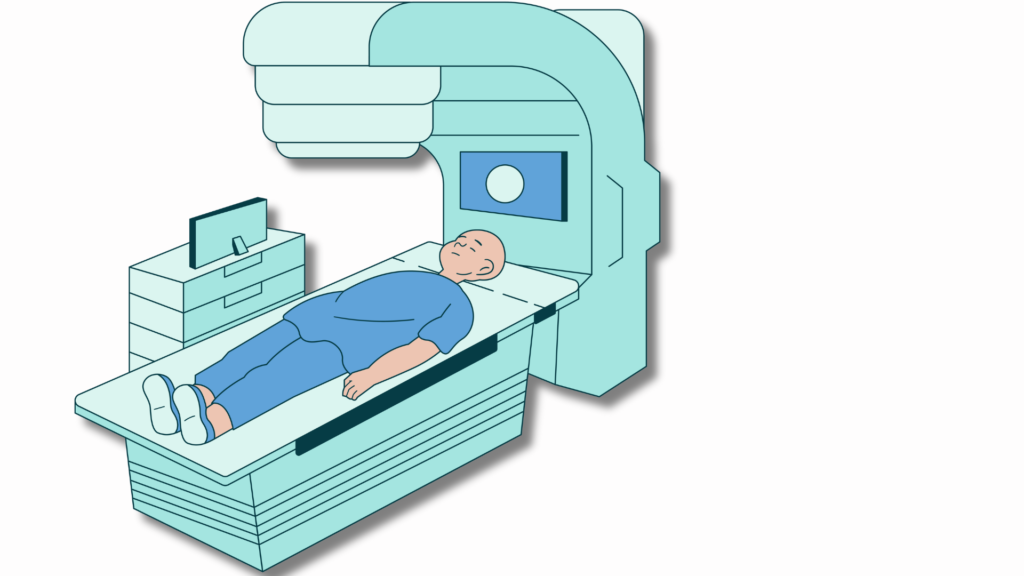
Life after Treatment: A New Beginning
Cancer treatment is not limited to just curing the disease. The real hard work is to maintain it after treatment.
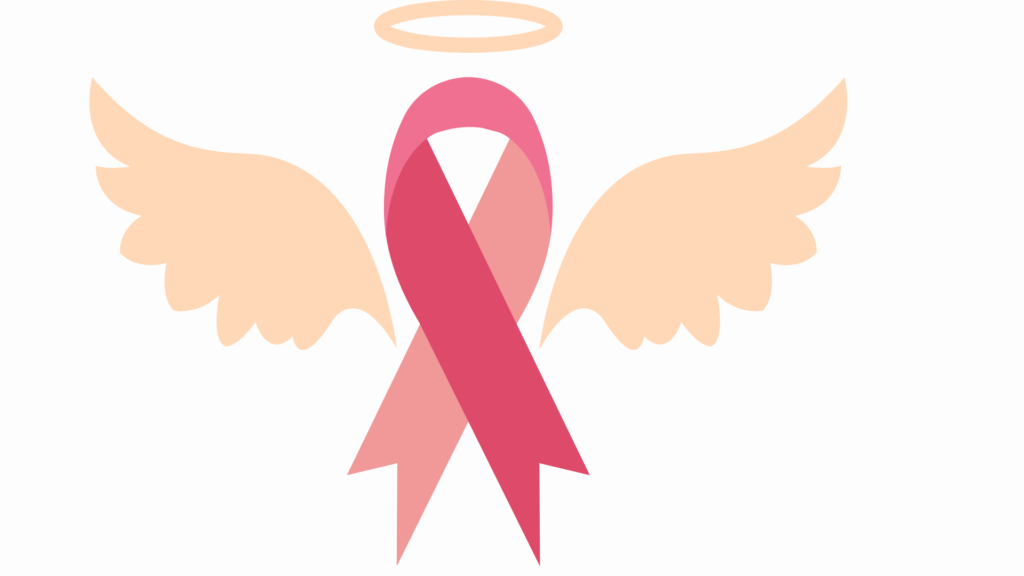
- Pay attention to diet
Only healthy food options: keep fruits, veggies, and a protein-rich diet. - Physical Activity
Gradually start yoga and walking after treatment. - Emotional Support
There is a lot of stress during cancer. So spend time with therapy, support groups, and loved ones.
Prevention will happen through awareness
Can ovarian cancer be prevented?
Not completely, but the risk can be reduced through AWARENESS.
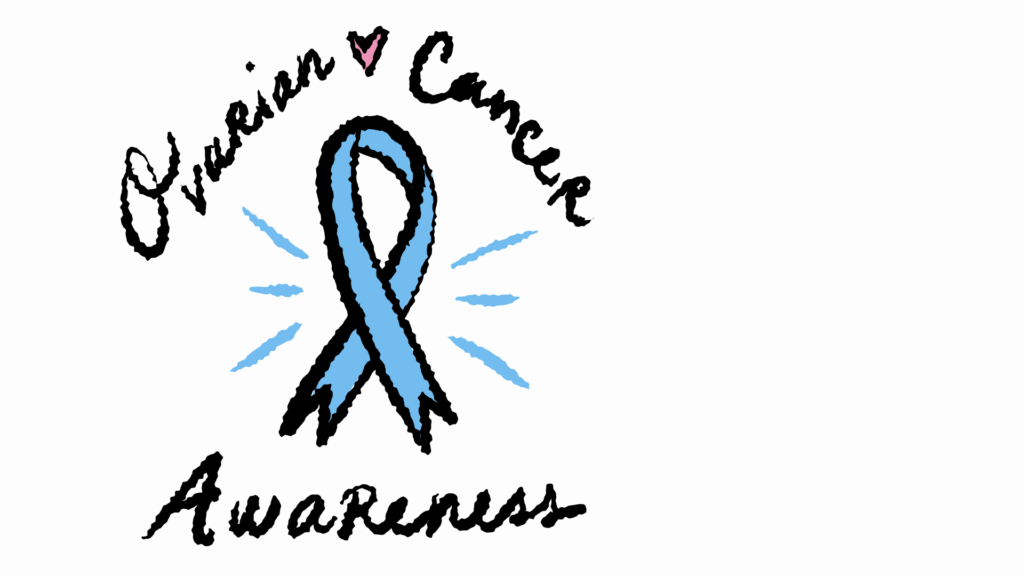
- Genetic testing: If anyone in the family has a history of ovarian or breast cancer, then BRCA gene mutation test should be done.
- Birth control pills: Long-term use can reduce the risk of ovarian cancer.
- Healthy lifestyle: Balanced diet and regular exercise strengthen immunity.
And the most important is: regular check-ups.
The most important step of prevention is to understand the signals of your body and follow-up with the doctor.
A Powerful Message
Ovarian cancer seems quite scary, but it is important to keep in mind that timely diagnosis and taking right steps for it can save life. Due to today’s advanced treatment and research, the hope for life has increased considerably.
One small step—like taking symptoms seriously or educating yourself and others—can change someone’s life.
Let’s spread awareness and together, we can fight ovarian cancer!
If you have any question in your mind then feel free to comment. I’m always here to help!

